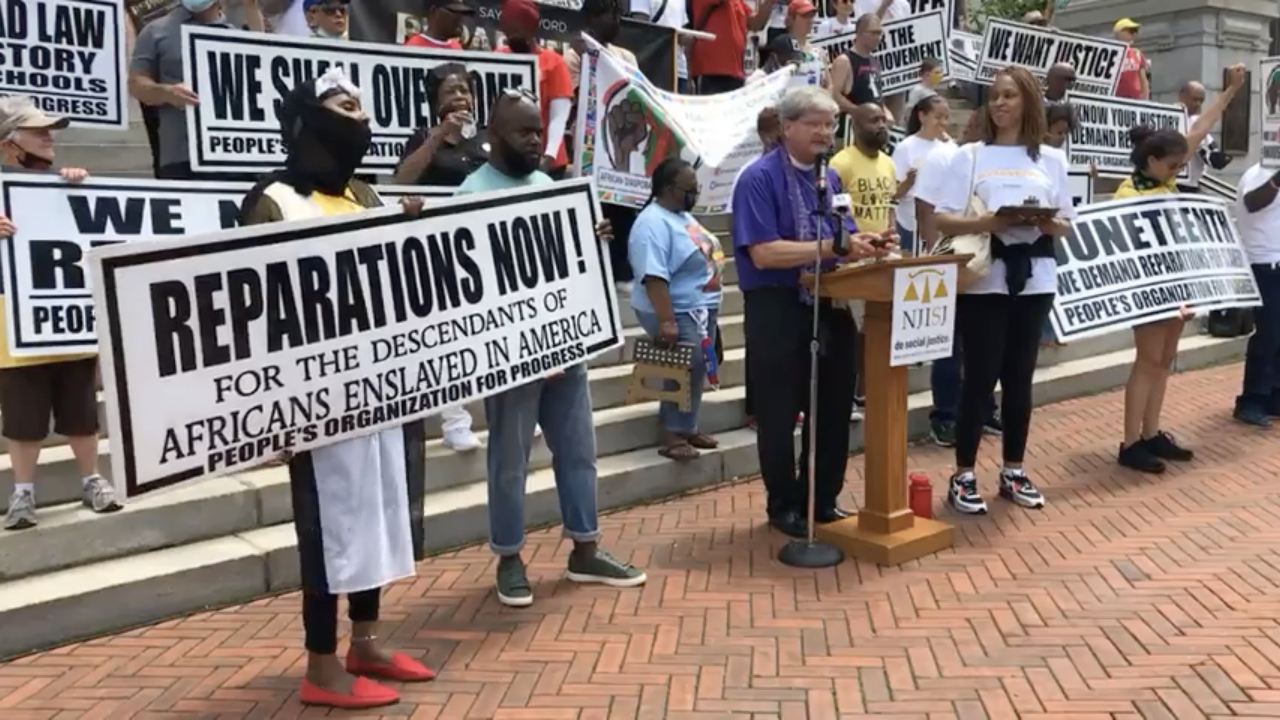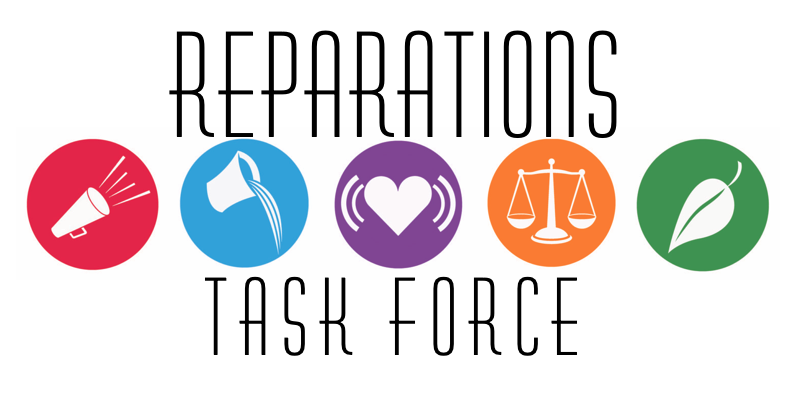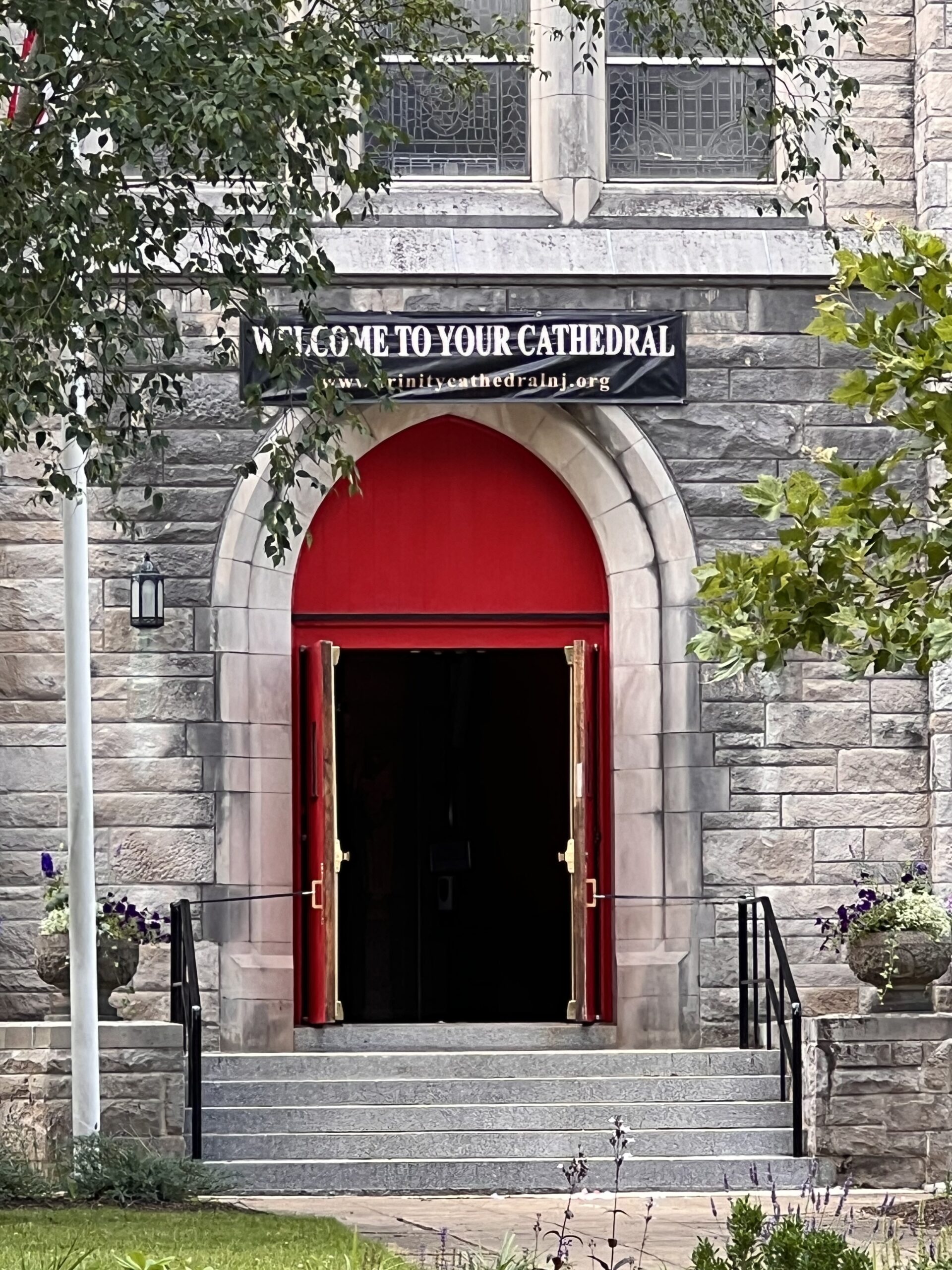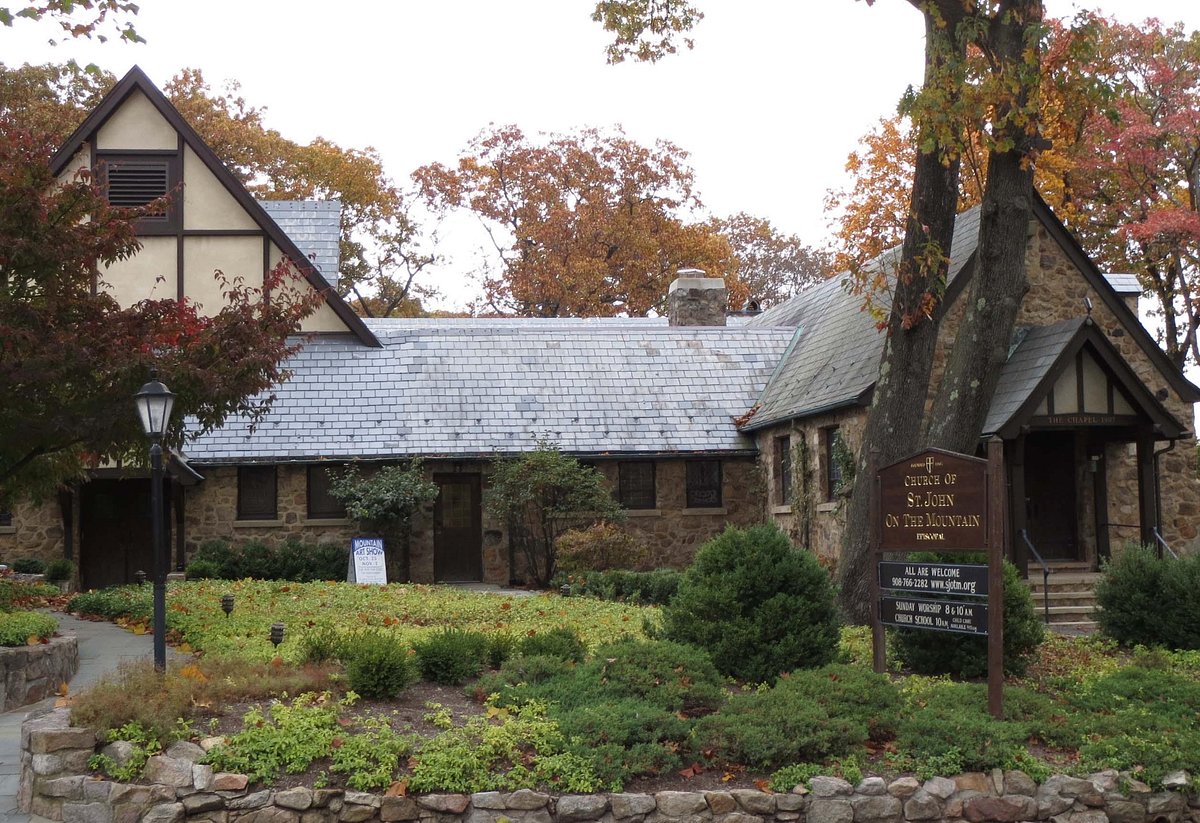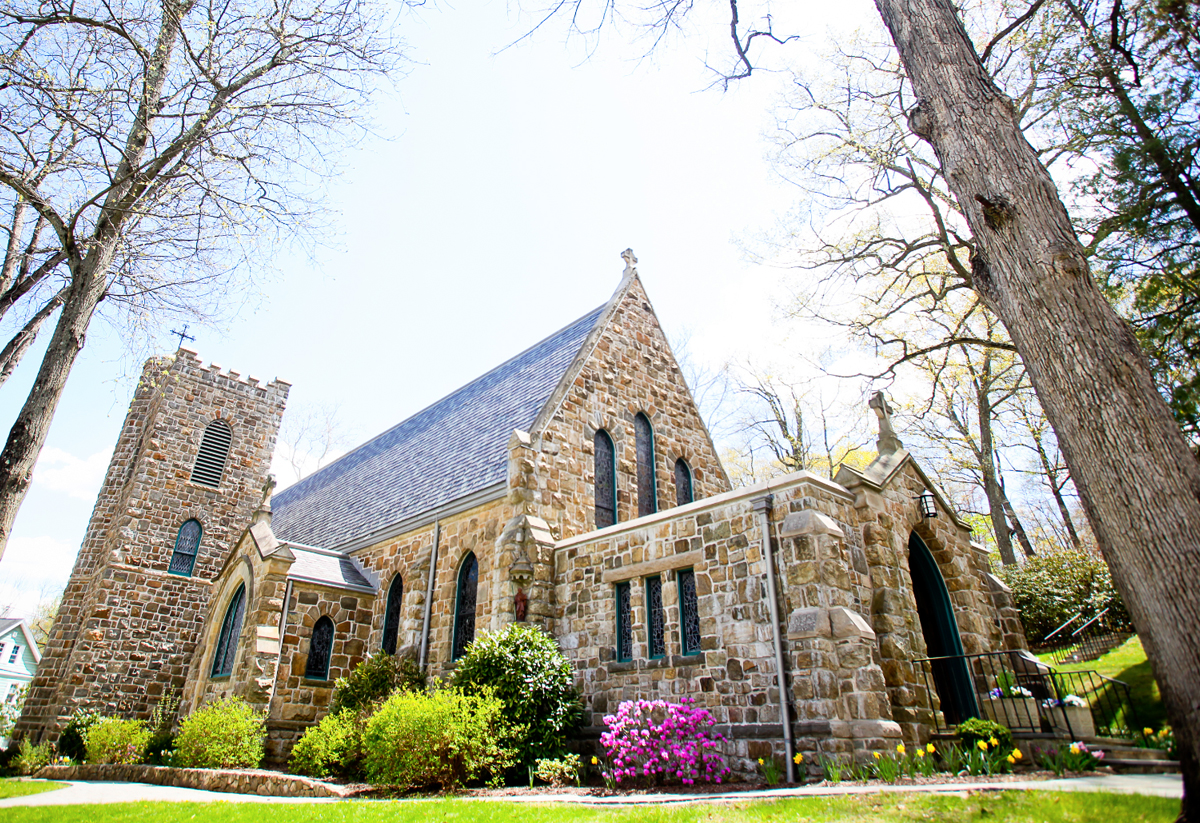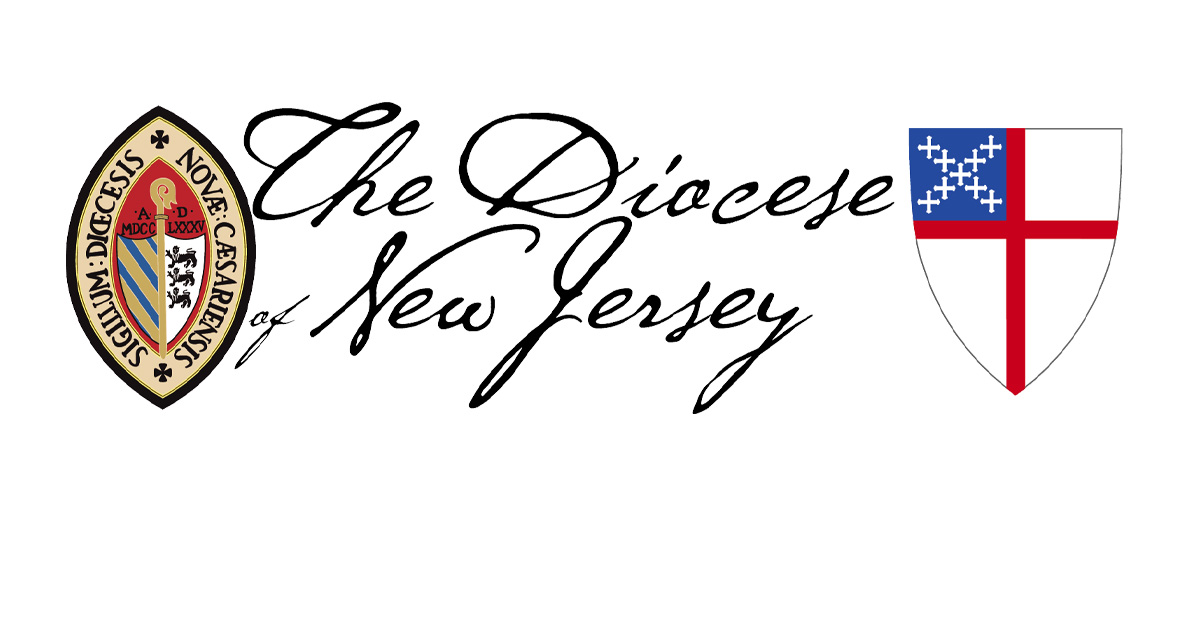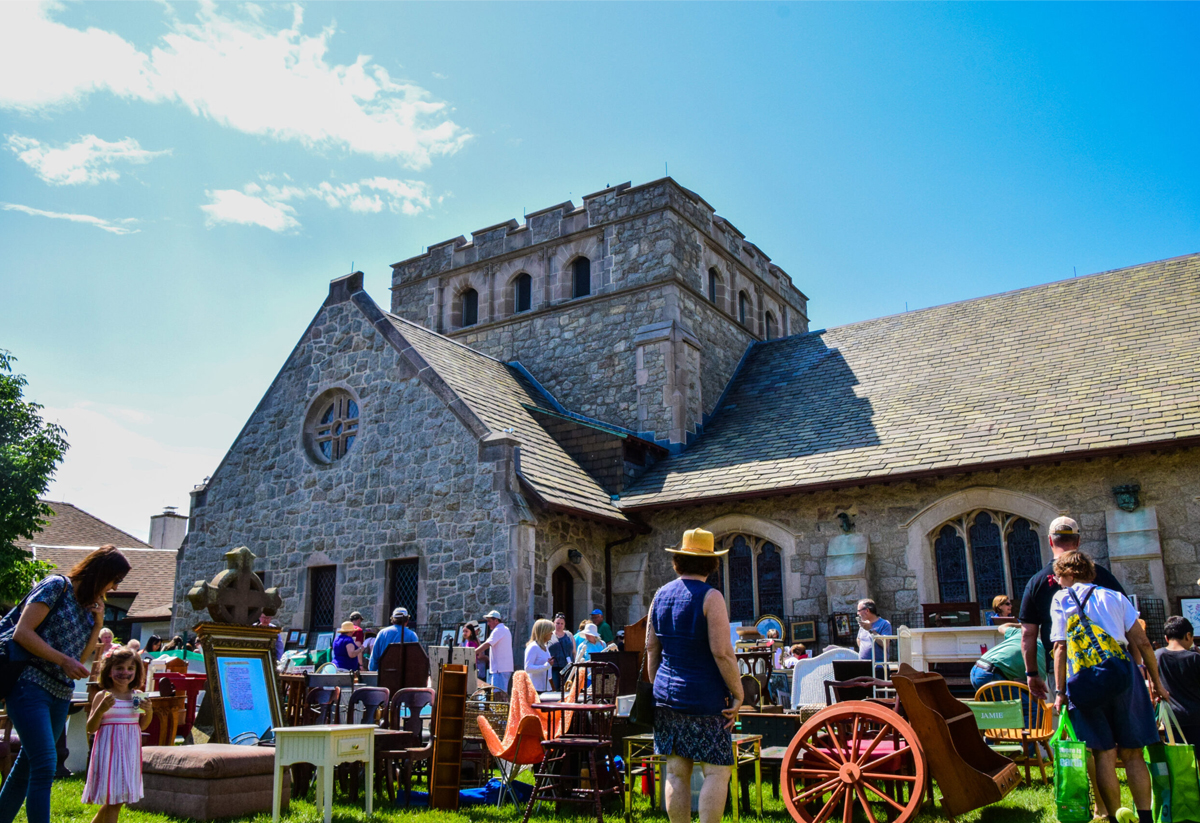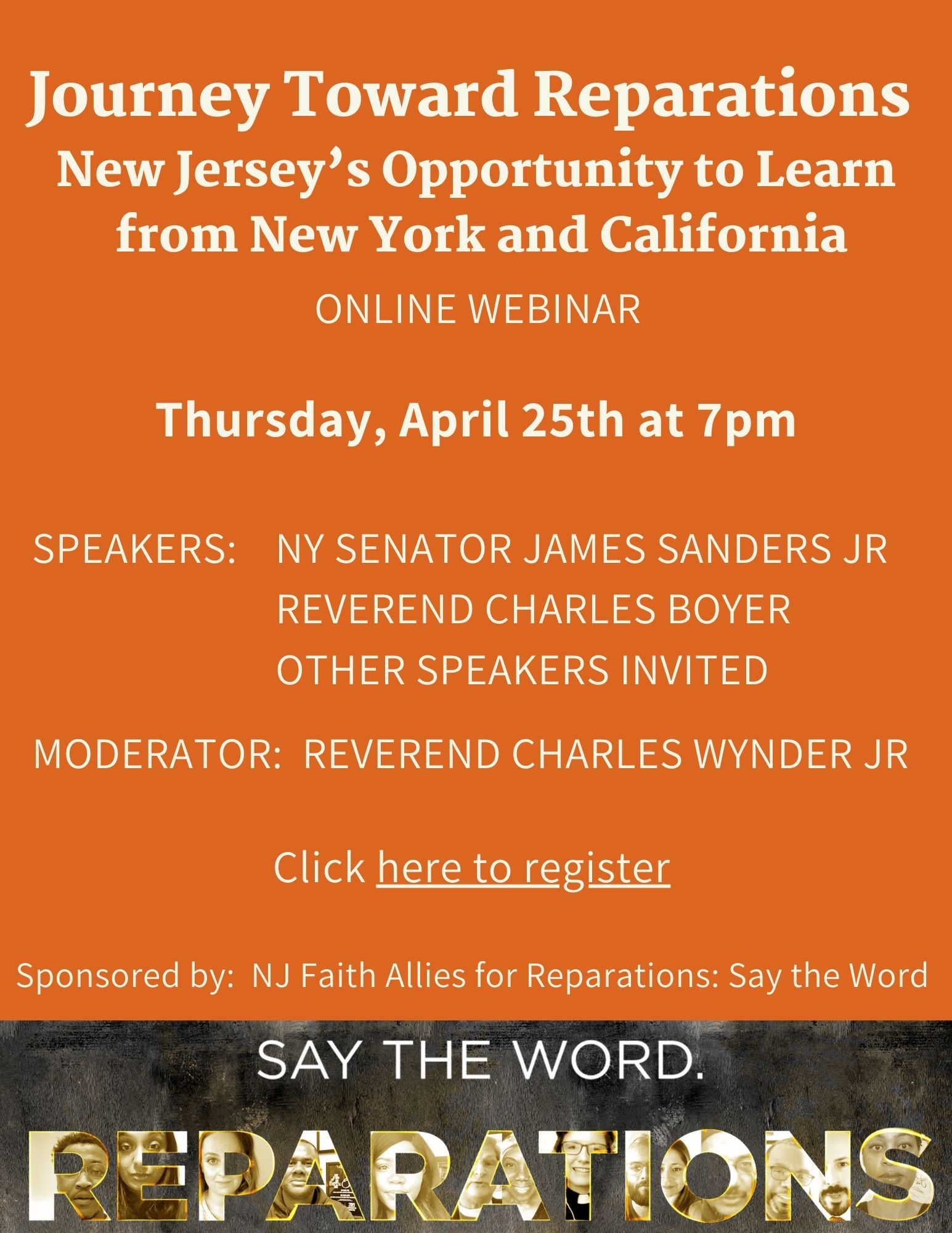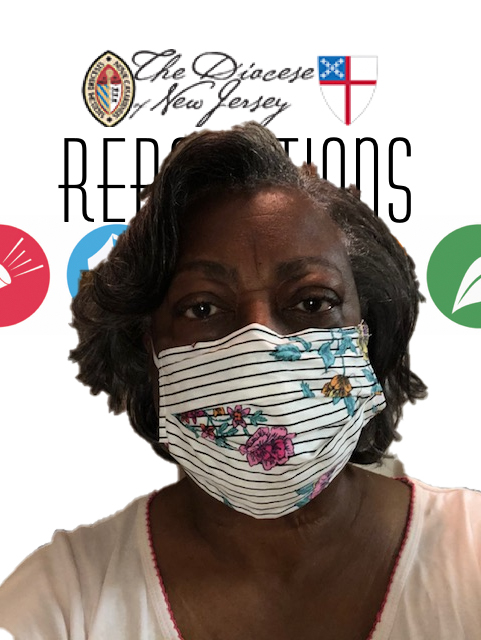
Merely suggesting that the United States owes the descendants of formerly enslaved Africans on this land recompense for unpaid labor over several centuries causes some of us to push back from the table and go to watch television in another room. Just saying the word “Reparations” triggers some of us. We protest and argue blamelessness, denial: “My people did not own slaves, did not come to the US until recently.”
So I am going to use the word, repeatedly, forcefully: Reparations.
The United States of America is an ideal, a vision of the best that humankind could be on this planet. The history of the creation of that identity, of that hope that people could offer each other the finest fruits of human endeavor, was not forged in goodness. Even as the designers of that Utopia on Earth were drafting the outline, they—all men—owned other men, raped women, sold children so that they had the leisure and the means to dream the dream. The ideal, forged among men who had the best intentions, did not come without the most terrible price: the enslavement and attempted annihilation of other men, women, and children.
So what is owed the hundreds of thousands of the generations of unpaid builders of the ideal, whose descendants still bear the memory of the lash? Reparations.
There is no argument that many of the current citizens of the United States are not descended from former slave-owners. Your story is that your ancestor came in through Ellis Island or Angel Island, or illegally entered and never left, bringing only a letter to find a relative and $8.00. Your ancestor lived in the slums of New York, Detroit, San Francisco, worked in the factories and kitchens and sewers, scratched out a gambling survival, scrabbled to grow farms on the Plains. You do not get a pass, however, by merely asserting the obvious because you are a third generation U.S. citizen. You do not get a pass, because as soon as the descendants of the former slave owners needed your ancestors, they declared them white. And with that declaration, your ancestors were able to claim heritage and brotherhood with the former slave-owners, and they, you, accepted it!
So that acceptance joins you in the conversation about Reparations.

